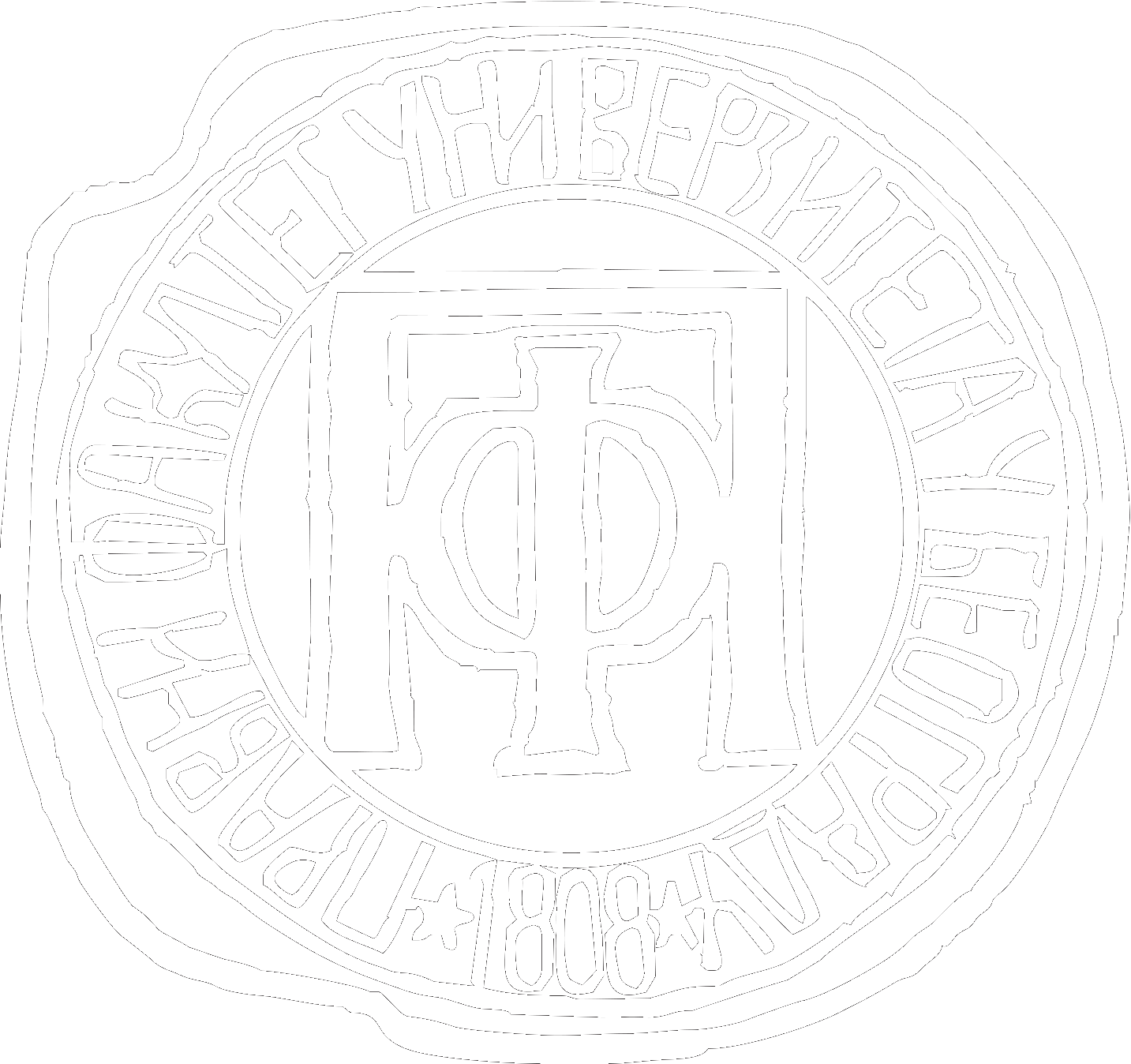English as dominant language in international criminal law
Keywords:
international criminal law; international criminal justice; English; language; language of the law; dominancyAbstract
There is no other answer to the question which language may be considered as the language of the international criminal law than the English language. It is dominant in all the bodies of the international criminal justice, and the majority of the written sources of this field of the law, although they are written and published in various languages, are used in the English original. By exploring the origins of such a status of the English language, the author easily found the cause to this in the political and economic power of the cultures that are traditionally shaping international relations, primarily Anglo-Saxon culture. If one establishes the connection between certain language and certain law it will necessarily lead him to the conclusion that language affects the spirit of the law, and even more than that. The characteristics of the certain law come with the language; in this case this is the law which belongs to the Anglo Saxon family of the law, characteristic to that language. The consequences that occurred due to the status of English language as a dominant in international criminal law are huge. They can be divided into three groups. The content of this field of the law is extraordinary in the environment, in which the English is a dominant language, and the same conclusion can be made concerning its justice. The very important conclusion is that international criminal law in such a status is inefficient and that because of that the most important role of the criminal law and that is general prevention is invalidated. For the sake of scientific consistency it is important to underline that there are bad consequences of one language being dominant in international criminal law. The last result of this research necessarily brings us to the conclusion that domestic, and not international trials for international crimes, are the only possible answer to all the doubts which occurred due to the language gap between international criminal law and its addressees.
Downloads
References
Allain, J. 2009. "Book Review, E. Decaux, Les forms contemporaines des l`esclavage." European Journal of International Law 2: 16–17. Leiden: Martinus Nijhof Publishers.
Almqvist, J. 2006. "The Impact of Cultural Diversity on International Criminal Proceedings." Journal of International Criminal Justice 3. https://doi.org/10.1093/jicj/mqi091
Ambos, K. 2010. "The International Criminal Law at the Crossroads: From Ad Hoc Imposition to a Treaty-Based Universal System." In Future Perspectives on International Criminal Justice, edited by C. Stahn and L. van den Herik. The Hague: T. M. C. Asser Press. https://doi.org/10.1007/978-90-6704-495-0_8
Arsenov, B. 1977. "Jezik u postupku po novom ZPP." Glasnik AKV 12.
Ćupić, D. 1982. "Komplikovanost jezika propisa." Advokatura 2.
Damaska, M. 2001. "The Shadow Side of Command Responsibility." American Journal of Comparative Law 3. https://doi.org/10.2307/840901
Diamond, J. 2006. The Third Chimpanzee: The Evolution and Future of the Human Animal. New York: Basic Books.
Dimitrijević, V. 1982. "Pravo i stvarnost." Advokatura 2.
Drumbl, M. A. 2005. "Pluralizing International Criminal Justice." Michigan Law Review 6.
Dundić, M. 1988. "Jezik u pravu." Glasnik AKV 10.
Duttwiler, M. 2006. "Liability for Omission in International Criminal Law." International Criminal Law Review 1. https://doi.org/10.1163/157181206777066745
Fichtelberg, A. 2008. "Liberal Values in International Criminal Law." Journal of International Criminal Justice 1. https://doi.org/10.1093/jicj/mqm026
Ispravka KZ SFRJ. 1977. Službeni list SFRJ, broj 56.
Janković, D. 1931. "Duh i jezik zakona." Branič 1–2.
Jianping, L., and W. Zhixiang. 2005. "China’s Attitude Towards the ICC." Journal of International Criminal Justice 3. https://doi.org/10.1093/jicj/mqi056
Jović, Lj. 1995. Jezik zakona. Belgrade: Zavod za udžbenike i nastavna sredstva.
Josipović, I. 1998. Uhićenje i pritvor. Zagreb: Targa.
Karbonije, Ž. 1992. Pravna sociologija. Sremski Karlovci: IKZS.
Kordić, Lj. 2008. "Nemački jezik prava s povijesnog gledišta." In Istraživanja, izazovi i promene u teoriji i praksi prevođenja, edited by V. Karabalić and V. Omazić. Osijek: Sveučilište u Osijeku, Filozofski fakultet.
Kreicker, H. 2005. "National Prosecution of Genocide from a Comparative Perspective." International Criminal Law Review 3. https://doi.org/10.1163/1571812054940184
Lukić, R. 1992. Sistem filozofije prava. Belgrade.
Luković, M. 2006. "Srpski pravni jezik." Arhiv za pravne i društvene nauke 3–4.
Maged, A. 2008. "Arab and Islamic Shari’a Perspectives on the Current Systems of International Criminal Justice." International Criminal Law Review 3. https://doi.org/10.1163/157181208X308808
Meron, T. 2000. "The Humanization of Humanitarian Law." The American Journal of International Law 2. https://doi.org/10.2307/2555292
Radišić, J. 1982. "O nejasnoćama i greškama u jeziku zakona i stručne pravne literature." Advokatura 2.
Visković, N. 1989. Jezik prava. Zagreb: Naprijed.
Vujanović, S. 1993. "O mogućnosti primene lingvistike u sudskom postupku." Anali Pravnog fakulteta u Beogradu 3–4.
Živanović, T. 1910. Osnovi krivičnog prava: Opšti deo. Belgrade: Geca Kon.
Žugić, V. 1989. "Jezik i međunarodni ugovori – praktični problemi." Glasnik AKV 4.

Downloads
Published
How to Cite
Issue
Section
License
Copyright (c) 2012 Branislav Ristivojević

This work is licensed under a Creative Commons Attribution 4.0 International License.
The authors retain copyright and grant the journal the right of first publication, allowing others to share the work with proper attribution to the authors and acknowledgment of its original publication in this journal.










